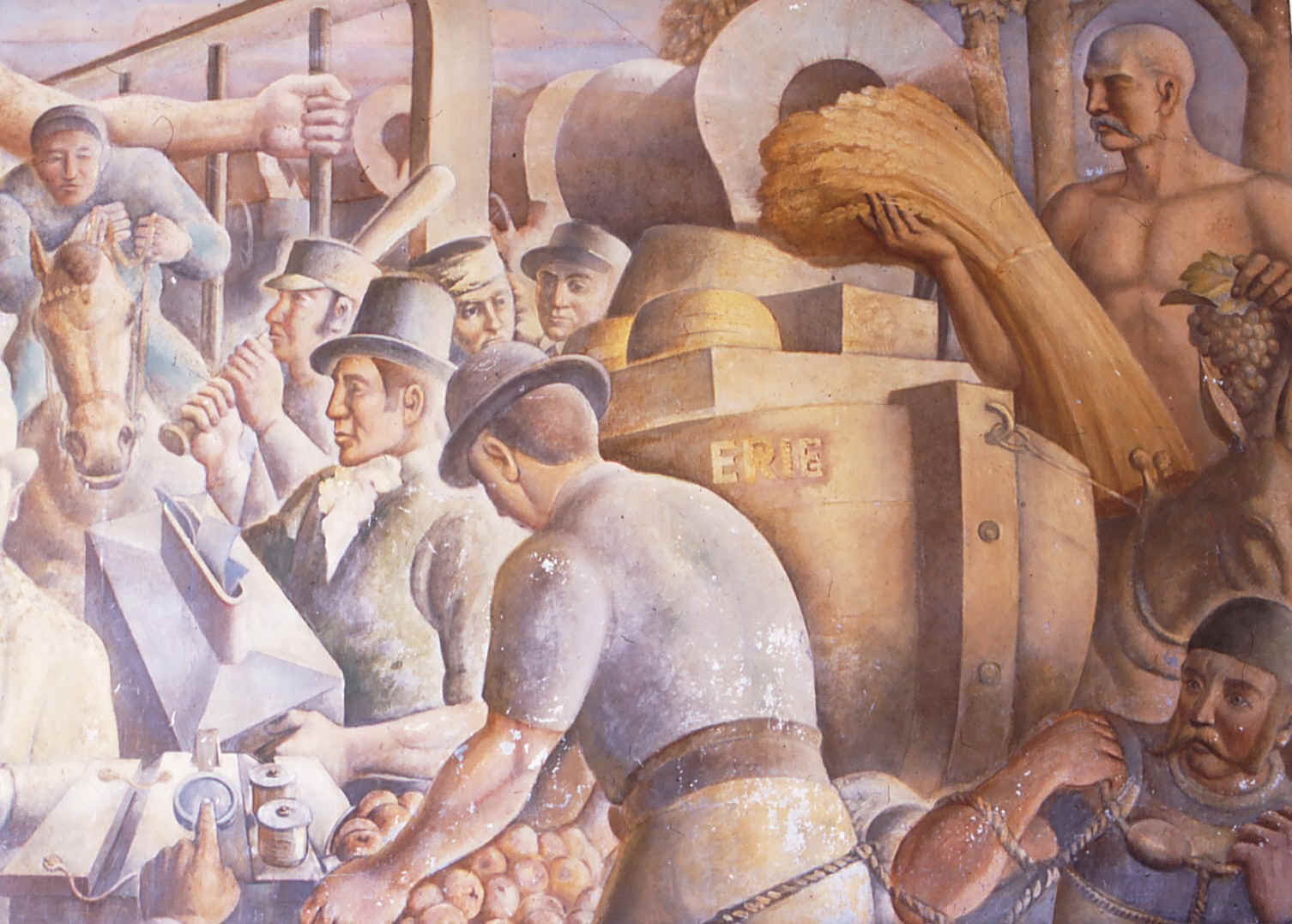Second playthrough photo safari continues: Leaving Soldier's Field, visiting secrets like the hidden Vox room along the way, and heading into Fink Manufacturing, with a focus on signage and unique architectural details.
To see my Hall of Heroes shots, click here.
Goddamn this game looks so good it hurts


